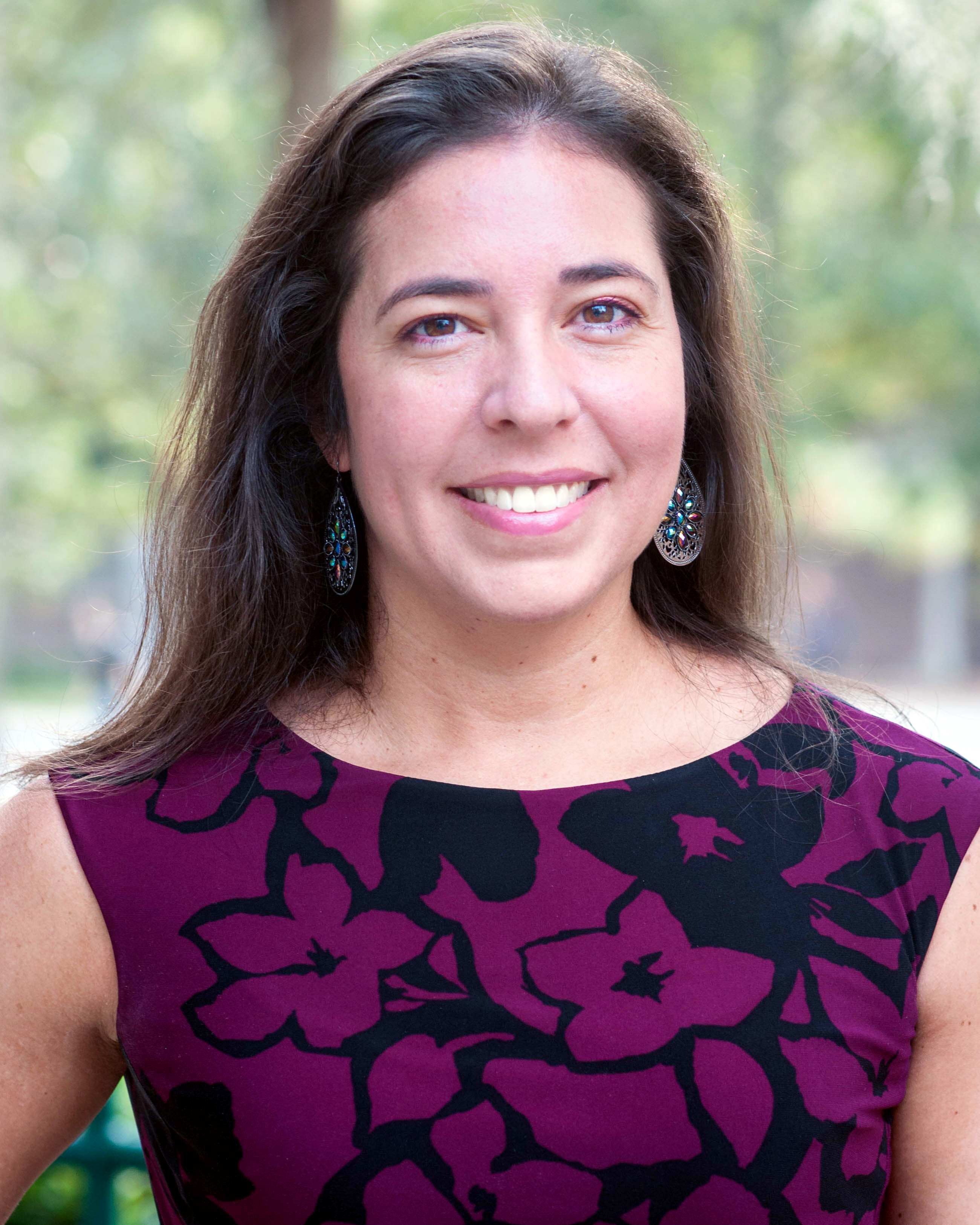
Dr. Karla Shelnutt Associate Professor
3028-A McCarty D
(352) 273-3535 | kpagan@ufl.edu
Education:
- Ph.D. Food Science and Human Nutrition, Concentration: Nutritional Sciences, August 2003 University of Florida, Gainesville, FL Dissertation: Influence of Methylenetetrahydrofolate Reductase 677C→T Polymorphism on DNA Methylation and Folate Status Response to Controlled Folate Intake in Young Women
- M.S. Clinical Nutrition, April 2000 University of Alabama at Birmingham, Birmingham, AL Thesis: Relationship Between Maternal Serum Homocysteine and B-Vitamin Concentrations and Pregnancy Outcom
- B.S. Food Science and Human Nutrition (high honors), Concentration: Dietetics, August 1997 University of Florida, Gainesville, FL Honors Thesis: Optimization of a Method for Determining Folate Content of a Mixed Diet
Biography
Dr. Shelnutt is a Professor and Associate Dean for Extension Engagement in the Institute of Food and Agricultural Sciences. She received her BS and PhD in Food Science and Human Nutrition from the University of Florida. She obtained her Masters in Clinical Nutrition and completed her dietetic internship at the University of Alabama at Birmingham.
Throughout her career, Dr. Shelnutt has provided statewide leadership for her Extension program that addresses obesity prevention and healthy lifestyles through the lifecycle with a focus on families with low income. She serves as the Principal Investigator of the Family Nutrition Program (Florida’s SNAP-Education Program) and the Expanded Food and Nutrition Education Program, which teach low-resource families to make better food and physical activity choices. Dr. Shelnutt has developed curricula and Extension publications based on the most updated dietary guidance that are widely used throughout the state as part of her program.
Dr. Shelnutt’s research focuses on addressing food insecurity, developing evaluation tools to assess the healthfulness of neighborhoods with low income, and assessing the impact of nutrition curriculum on health behaviors. In her role as Associate Dean, her goal is to connect the UF/IFAS Extension mission to other colleges and partners across campus, the state, and the country.
